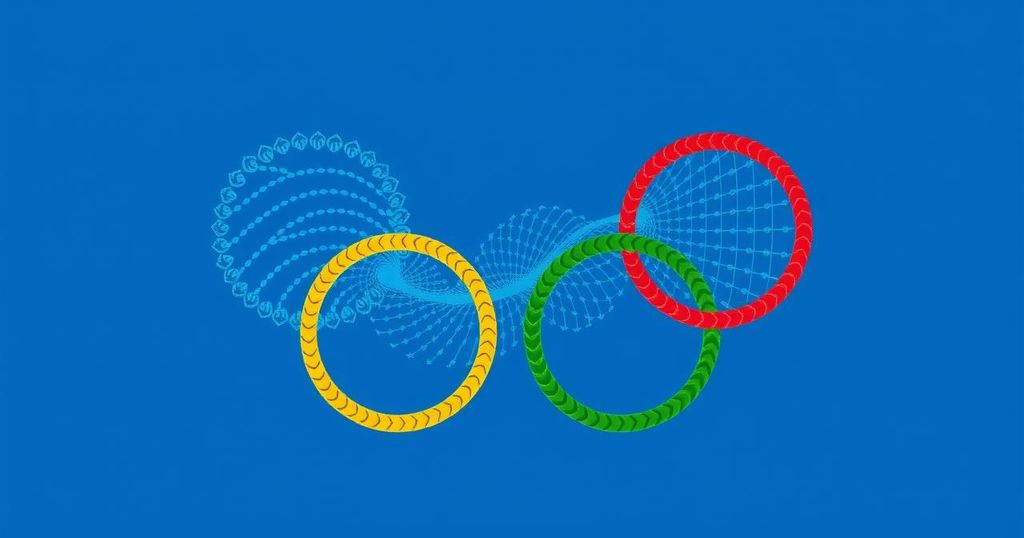The Keys to Hosting a Fab Olympics: What Paris 2024 Teaches Us
With 329 medal events, 32 different sports, approximately 10,000 athletes, and millions of visitors, the task of hosting the Olympic Games is undeniably substantial. The recently concluded 17-day-long Paris Olympics marked the event’s return to the host city after a century. Despite its aim to be the “greenest” Olympics yet, the Paris Games encountered several challenges along the way.
Paris made significant investments in transitioning to renewable energy sources, plant-based foods, and rented sports equipment to ensure a sustainable event. Efforts were also made to clean up the Seine River for open-water swimming events and to improve connectivity to Olympic venues through the construction of a new train line. Despite these endeavors, the event faced cost overruns, a common challenge experienced by previous host cities.
According to estimates from S&P Global Ratings, the 2024 Games exceeded the planned budget by 25%, amounting to nearly $10 billion. While this overrun was not as significant as previous Olympics, it reflects the arduous trade-offs that host cities must navigate. Alexander Budzier, a fellow in management practice at the University of Oxford’s Said Business School, highlighted how infrastructure and operational costs contributed to the overspend.
The Paris Olympics encountered significant hurdles, including concerns about the city’s prioritization of new locations and social displacement, as well as issues with the readiness of the Seine River for the event. However, industry professionals such as Ken Hanscom, the COO of TicketManager, expressed empathy for the difficulties faced by the host city. He noted that while challenges were expected, Paris was able to overcome them.
Hosting the Olympics entails a substantial financial burden that often continues to impact the host city long after the event concludes. Despite well-received efforts to make the event more sustainable, the Paris Olympics still grappled with cost overruns. This echoes the experiences of previous Olympic hosts, such as Athens and Rio, who faced enduring effects after hosting the Games.
While the costs and challenges of hosting such a massive event cannot be overlooked, successful legacies also warrant consideration. Previous Olympic hosts like Los Angeles and London have seen profits and beneficial urban regeneration from hosting the Games. As for Paris, the true economic benefits from hosting the Olympics are expected to materialize in the long run.
According to Budzier, future Olympics will need to prioritize sustainability and cost management. The International Olympic Committee’s Agenda 2020 signifies a shift in how host cities approach the Games, leading to significant progress and improvements. The impact of hosting the Olympics can also serve as a catalyst for urban development and public initiatives, as exemplified by Paris’s efforts to clean up the Seine River, laying the groundwork for future projects.
In conclusion, the Paris Olympics provides insights into the multifaceted challenges and opportunities of hosting such a monumental event. While the event faced hurdles and cost overruns, it also showcased the potential for long-term benefits and positive impacts. The lessons from Paris 2024 will undoubtedly shape the future of hosting the Olympics, paving the way for more sustainable and successful iterations of the Games.
As the world eagerly anticipates the upcoming Los Angeles 2028 Olympics, the approach to hosting the Games continues to evolve, guided by the lessons learned from past events. The Olympics, with all its trials and triumphs, remains a symbol of unity, athletic excellence, and international cooperation.








Post Comment